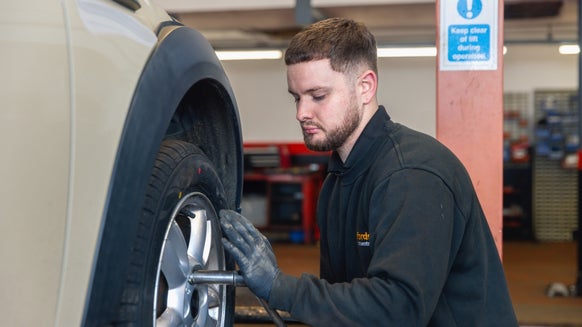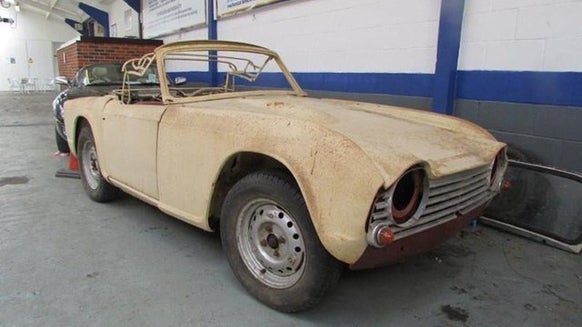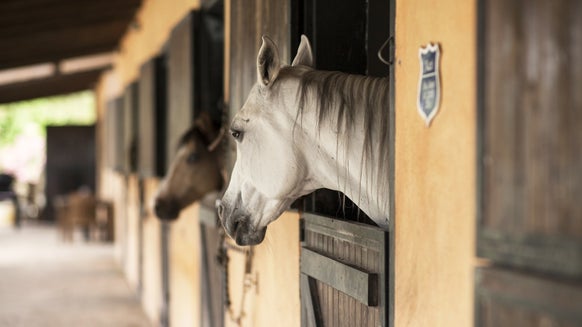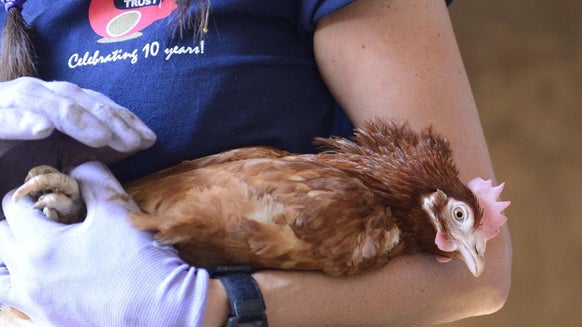Getting a Cat
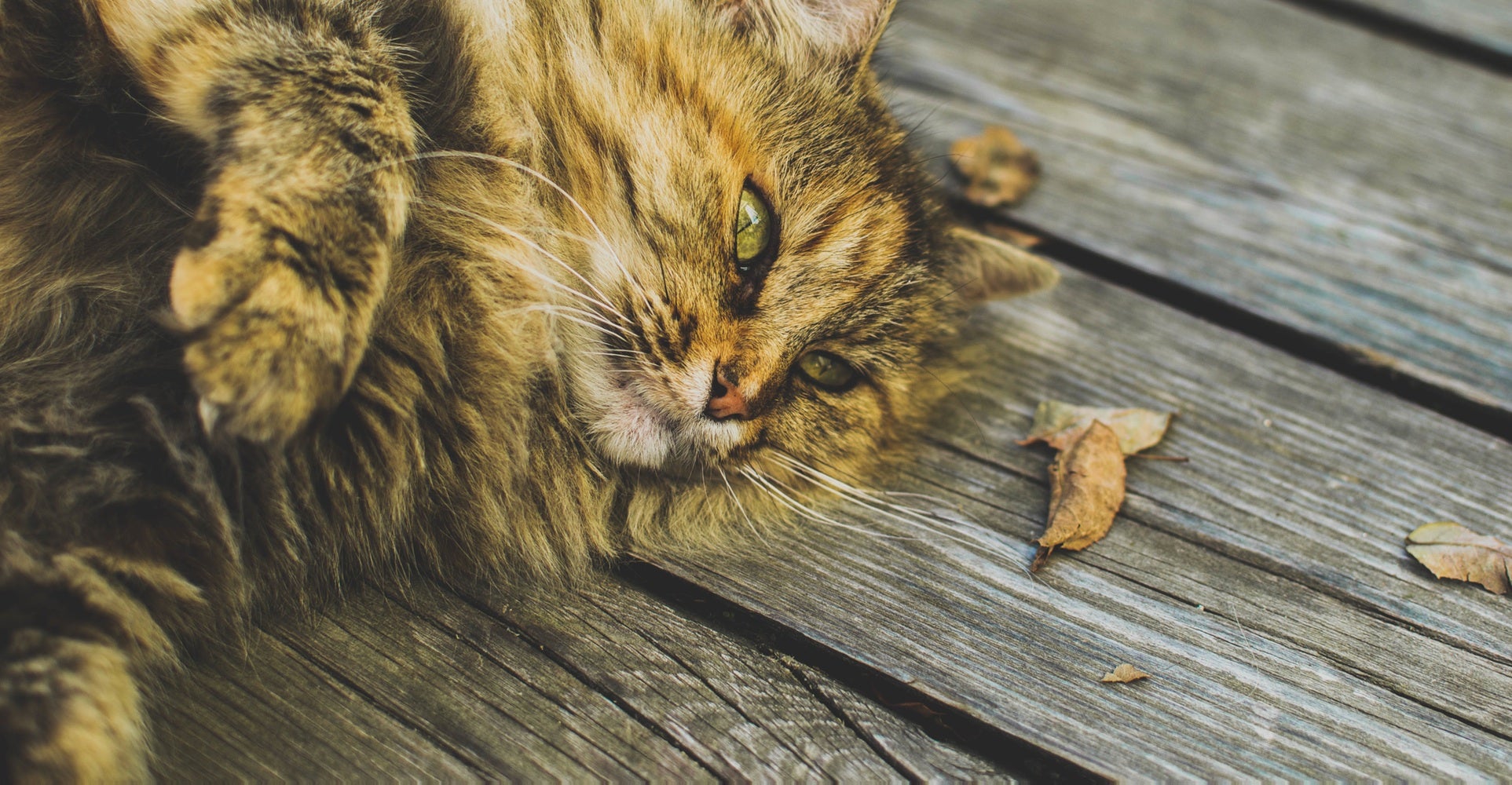

They are one of the UK's most popular pets – with around eight million cats in the country's homes and gardens!
Yet, while they may be prevalent, getting a cat isn't a decision that should be made lightly. Much care and thought should be given to considering what a cat needs to stay healthy and happy, alongside the associated costs and time and attention. And, remember, cats typically live up to the age of fourteen, so owning a cat is a long-term commitment.
Cat or Kitten?
An older cat will generally be calmer than a kitten and require less of your attention. They may be house-trained and happy to roam around and come and go as they please, so need little in the way of supervision.
However, if you're considering getting a kitten, it's important to remember that, compared to an older cat, they will be more demanding. This can mean spending time playing with your new kitten, to making sure it is fed small amounts of food up to four times a day for the first six months it is home.
Boy or Girl?
First up, it's important to get your cat neutered as this can have a range of health benefits, whichever sex you choose. Cats Protection recommends neutering your cat at four months of age. The commonplace procedure reduces the likelihood of developing various illnesses and can improve the physical condition and behaviour of both males and females. Neutering female cats will also avoid unwanted pregnancies.
When it comes to other differences between boys and girls, there are relatively few. While male cats tend to be a little bigger, for every owner who says that they are also more independent another will tell you the opposite!
Perfect Cat Pad
Before you get a new cat or kitten, think about your own lifestyle and home.
- Will a cat fit into your way of living?
- Are you away from home for long periods due to work?
- Can you get holiday cover when you're away?
- Do you live in a house or flat that the cat can enter?
- Will the cat be happy with young children?
Choosing a Breed
There are lots of breeds of cats to choose from, and each will have their own distinct look, personality and different needs. Take some time to research the different cats to make sure you choose the best match for you.
Pedigree
Although the majority of cats in the UK are 'moggies' (mixed breed cats) there is still around 60 recognised pedigree breeds. Pedigree domestic breeds include: Persians, British, Semi-Longhair, Burmese, Oriental, Siamese and Foreign.
The advantage of a pedigree cat is that its character and appearance should be more 'standardised', so you will have more of an idea what your cat will look like and behave, particularly if it's a growing kitten.
Crossbreed
Taking character and physical traits from both its pedigree parents, crossbreed cats tend to be quite rare, particularly compared to crossbreeds in the dog world.
Mixed Breeds
Mixed breed moggies are from non-pedigree parents and, therefore, predicting their personality and size can be a little more difficult. However, cats in general are all fairly similar in size and shape. Moggies can also be healthier than their top cat pedigree and crossbreed cousins as they have come from a wider gene pool.
Find out More


